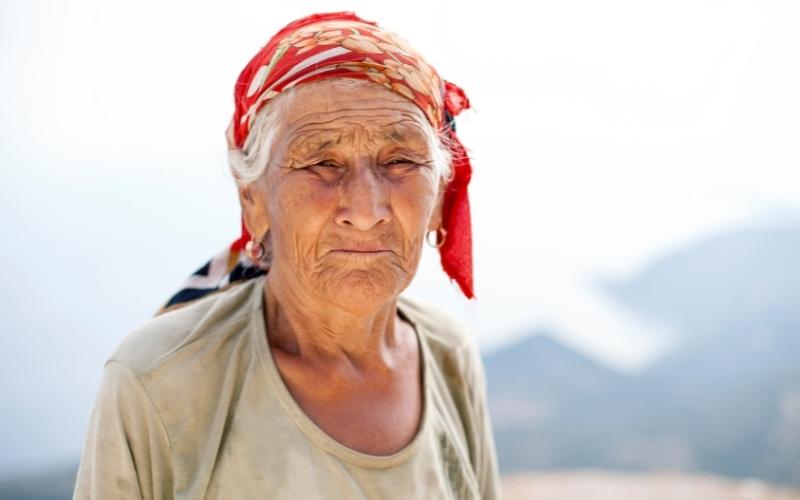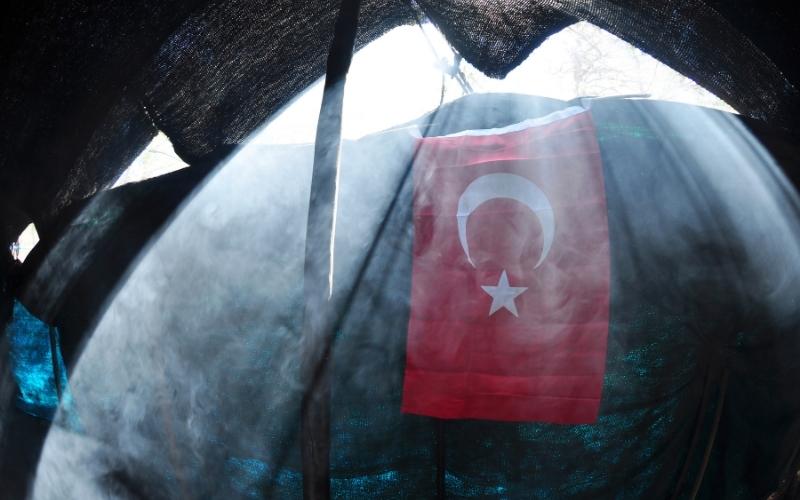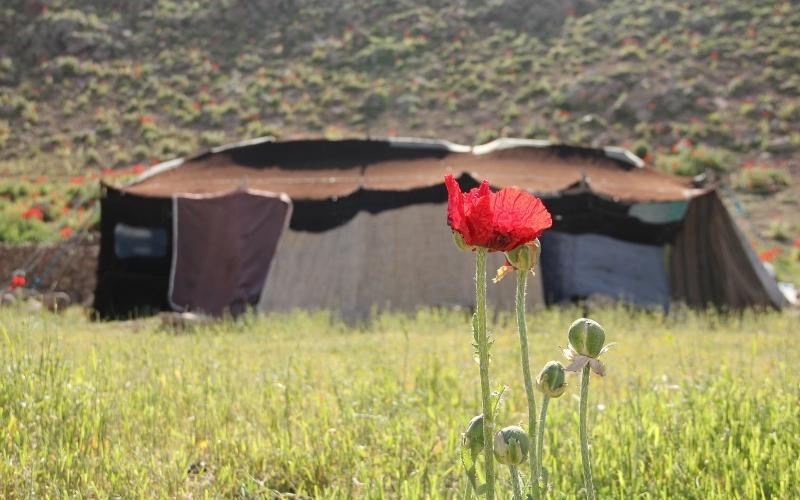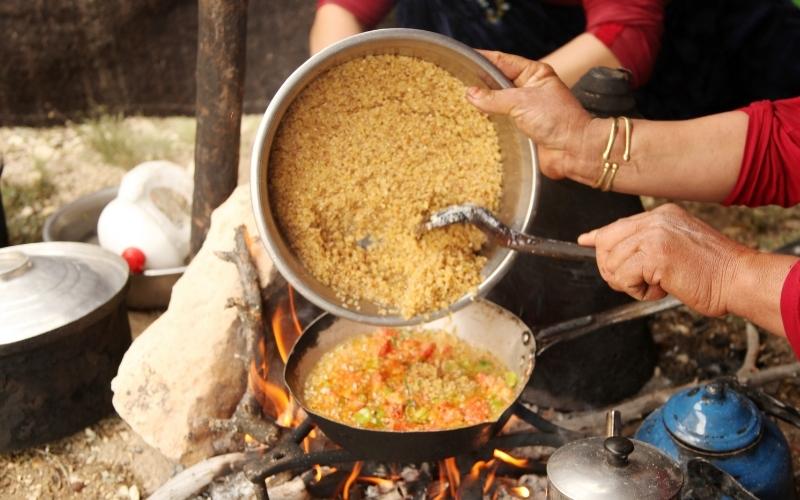Turkey’s nomadic community, otherwise known as Yörüks, named after the Turkish verb that translates to ‘nomadic’, has deep roots in Turkish culture, dating back to the 11th century.
With origins in Anatolia, a peninsula that makes up most of what modern Turkey is known as today, the Yörük culture is essentially a culmination of Anatolian culture.
Antalya, the largest Turkish city along the southern coast of the Anatolian peninsula, also plays a role in the nomadic lifestyle of the Yörüks, acting as one of many destinations amidst the Yörüks annual nomadic journey and a place of temporary residence for many.
In what follows, we’ll be discussing the nomadic lifestyle of Yörüks, both in modern times and in history. Additionally, in summary, we’ll be discussing the culture and lifecycle of this culturally significant nomadic group.
Related PDF: Yoruks’ Efforts To Preserve The Culture Of Their Ancestors & The Changes Experienced

The Nomadic Lifestyle & Culture of Yörüks
The lifestyle surrounding the nomadic community of Yörüks is based mainly around a relationship with agriculture and animal livestock. Depending on the seasonal changes and environmental availability for hunting and grazing, the nomadic community will disperse to the most convenient region to live in.
Their mode of transportation is most certainly less prevalent in modern society for obvious reasons; however, for those indoctrinated into the nomadic lifestyle of the Yörüks, their way of travel is quite normal and instinctual.
How do you travel, you ask? By feet, horseback, or camelback. They’re also known to travel with their goat herds…

The Yörük Lifecycle
The migration efforts surrounding the lifecycle of Yörüks are largely centric around seasonal changes, both with regards to climate and agricultural availability or lack thereof.
Depending on the weather conditions, migration will typically take 20-25 days to complete. However, because this is an annual occurrence for Yörüks, rooted in centuries and centuries of tradition, those that make the trek know how to prepare.
To initiate this lifecycle, they begin by dismantling their tents where they’ve just lived for the last 6 months. They, too, prepare food for the long road of travel ahead. All that’s left to do, then, is to hit the road!
By following the temperate climate, Yörüks can survive, keep their livestock alive and well, and continue with their cultural ways of life while remaining nomadic.
To summarize, the lifecycle consists of an annual or biannual journey that repeats itself every year. During the winter, they seek greener pastures in milder climates to graze their livestock.
Similarly, they’ll seek refuge from extreme heat to cooler but still mild climates during the summer.

The Yörük Culture
Yörüks are primarily people with values and traditions. Though strict in their beliefs and traditions, Yörüks still enjoy life in their own unique way, known to indulge in weddings, seek relationships, and celebrate during festivals.
They’re also known to be quite frugal, not only with their money but with their time and resources. Because they’re nomadic, they must be careful with their money. Because of their constantly moving way of life, they must be cautious with their time. And because of their moral values towards their own livestock, they ensure that every part of their animal cooked for food is not put to waste.
The moral and ethical values of the Yörük culture, though different, are pretty strong, and though its a different way of life, Yörüks that you talk to will tell you that they wouldn’t live any other way than that which they were born into.

A Modern Day Outlook of the Nomadic Lifestyle
Because of the rise of industrialism and agricultural development, the nomadic lifestyle of Yörüks and the Yörük culture is in question. With more Yörük families making the conscious decision to leave their nomadic lifestyle behind due to scarce resources and hostility amongst their neighbours, fewer and fewer Yörüks are labelling themselves as such each year.
In fact, just centuries ago, hundreds of thousands made up the Turkish community’s population. Now, just 86 families and counting are left migrating annually.
Moreover, the capital city of Antalya has modernized into a bustling hub for locals and tourists alike. Often referred to as the pearl of the Turkish Riviera, boasting nearly 2.5 million inhabitants, Antalya is much less forgiving to the nomadic traveller, focusing now on tourism and modern innovations.
With that said, the Yörük culture is not lost, with many still trying to educate and expand on their way of life. In fact, modern-day Yörüks come together annually in Antalya to host its own festival aimed at reliving its forgotten cultural traditions and educating others on the Yörük culture.
The festival is called the International Antalya Yörük Festival, you can learn more here!
